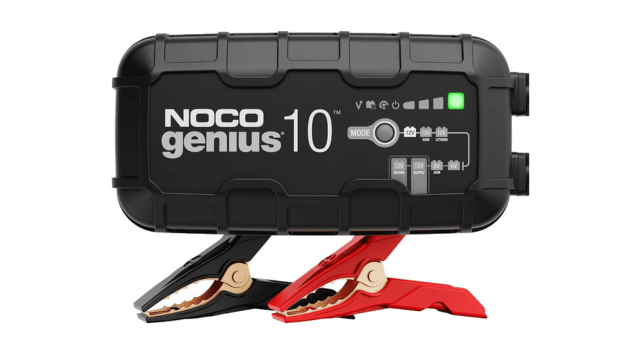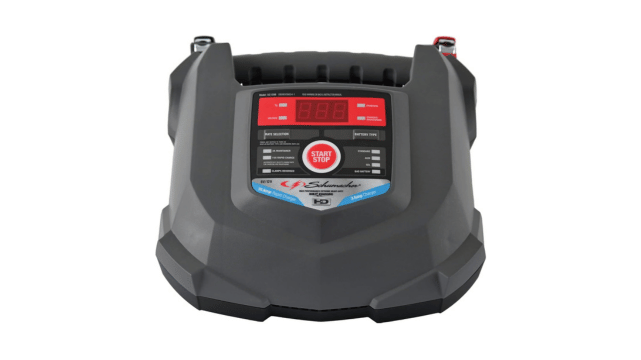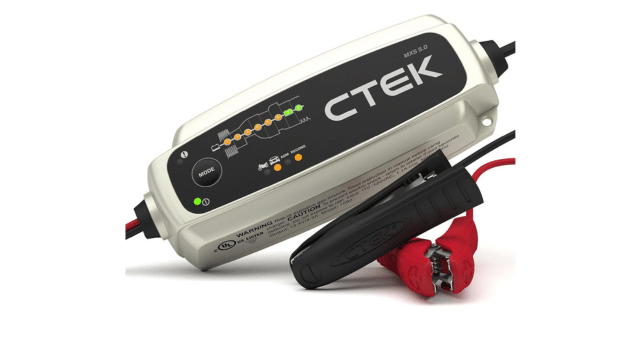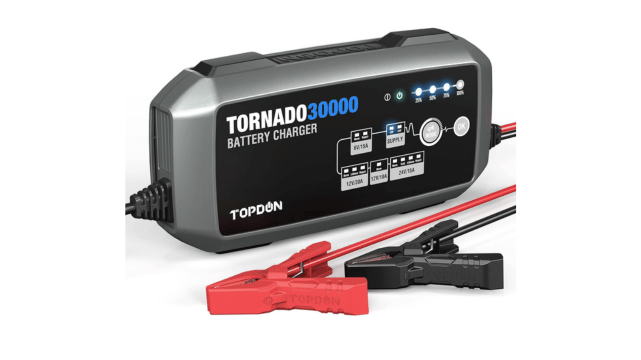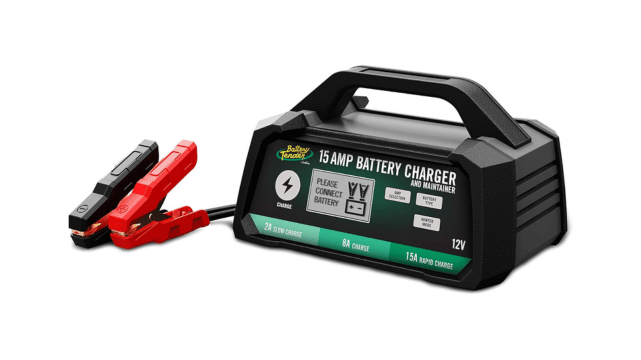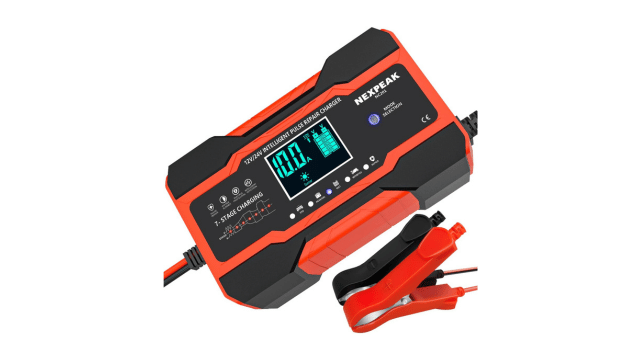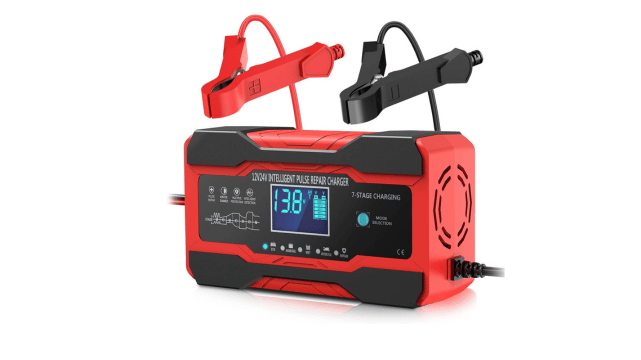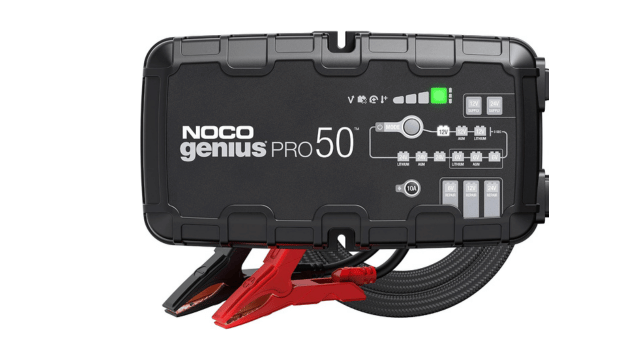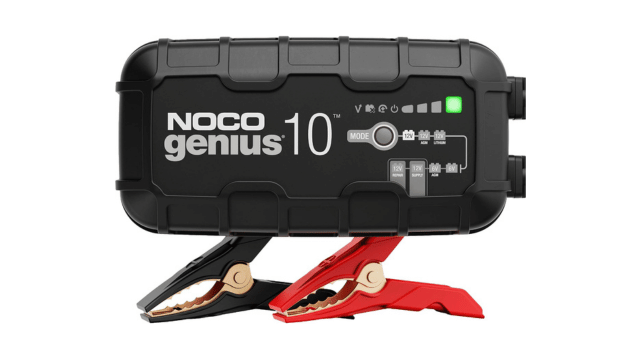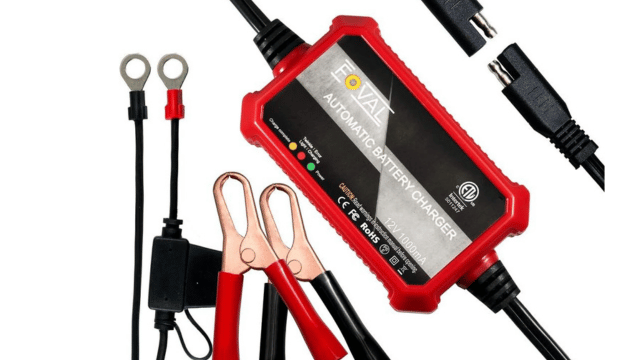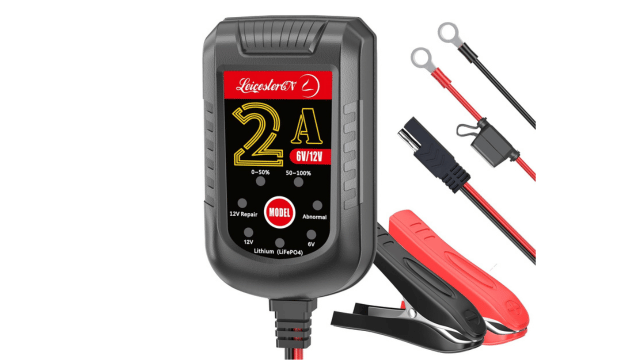A reliable car battery charger is a vital tool for any vehicle owner, ensuring that your car’s battery remains in optimal condition and avoiding inconvenient breakdowns. With a good battery charger, you can prevent unexpected failures, extend battery life, and maintain the performance of your vehicle. This guide will delve into key factors to consider when selecting a car battery charger, explore different types of chargers, and provide maintenance tips to help you get the most out of your investment.
Best Car Battery Chargers Buying Guide
Understanding the Importance of a Quality Car Battery Charger
A reliable car battery charger is an essential tool for any vehicle owner. It not only helps you maintain your car’s battery health but also provides a lifeline in emergency situations when your battery unexpectedly dies. Investing in a high-quality charger can save you time, money, and frustration in the long run. This guide will walk you through the key factors to consider when selecting the perfect car battery charger for your needs.
Types of Car Battery Chargers
There are several types of car battery chargers available in the market, each designed for specific purposes. Manual chargers require you to monitor the charging process and disconnect once the battery is fully charged. These are generally more affordable but demand more attention and time. Automatic chargers, on the other hand, are equipped with smart technology that monitors the battery’s charge level and adjusts the charging rate accordingly. They also shut off automatically when the battery is fully charged, preventing overcharging and potential damage. Trickle chargers provide a slow, steady charge and are ideal for long-term battery maintenance, especially for vehicles that are not used frequently. Jump starters are portable devices that can quickly boost a dead battery to get your car running in emergency situations. Some advanced models combine multiple functionalities, offering both charging and jump-starting capabilities.
Charging Speed and Amperage
The charging speed of a battery charger is determined by its amperage. Chargers with higher amperage ratings can charge batteries faster, but they may not always be the best choice for every situation. Low-amperage chargers (1-2 amps) are suitable for trickle charging and maintaining batteries over extended periods. Medium-amperage chargers (10-20 amps) strike a balance between charging speed and battery longevity, making them ideal for regular use. High-amperage chargers (40-100 amps) can quickly charge a battery but should be used cautiously as they may generate excess heat and potentially damage the battery if used improperly. Consider your typical usage scenario when selecting the appropriate amperage for your needs.
Compatibility and Battery Types
Ensure that the charger you choose is compatible with your vehicle’s battery type. Most modern cars use 12-volt lead-acid batteries, but some vehicles may have different voltage requirements or use alternative battery technologies such as lithium-ion or AGM (Absorbent Glass Mat). Many advanced chargers are designed to work with multiple battery types and can automatically detect and adjust to the appropriate settings. If you own multiple vehicles or equipment with different battery specifications, consider a versatile charger that can accommodate various battery types and voltages.
Safety Features
Safety should be a top priority when selecting a car battery charger. Look for models that offer reverse polarity protection, which prevents damage to the battery and charger if the cables are accidentally connected to the wrong terminals. Spark-resistant clamps are another important safety feature that minimizes the risk of sparks when connecting the charger to the battery. Overcharge protection is crucial for automatic chargers to prevent battery damage from excessive charging. Some chargers also include built-in cooling fans to prevent overheating during extended use. Additionally, consider chargers with rugged, weather-resistant designs if you plan to use them in outdoor or harsh environments.
Smart Charging Technology
Advanced car battery chargers often incorporate smart charging technology that optimizes the charging process. These chargers use microprocessors to analyze the battery’s condition and adjust the charging parameters accordingly. They can detect sulfation (a common cause of battery failure) and apply specific charging algorithms to help restore battery capacity. Some smart chargers also offer multi-stage charging, which includes bulk, absorption, and float stages to maximize battery life and performance. While these features may come at a higher price point, they can significantly extend the lifespan of your battery and improve its overall health.
Portability and Design
Consider the charger’s size, weight, and design, especially if you plan to carry it in your vehicle for emergencies. Compact and lightweight models are ideal for portability, but they may sacrifice some features or charging capacity. Look for chargers with built-in cable management systems to keep the unit tidy and prevent tangled wires. Some models come with carrying cases or mounting brackets for convenient storage and transportation. If you anticipate using the charger in low-light conditions, consider one with a backlit display or LED indicators for easy readability.
Additional Features
Many modern car battery chargers come with extra features that can enhance their functionality and convenience. Built-in alternator testers can help diagnose charging system issues before they lead to battery failure. Some chargers include USB ports for charging mobile devices, which can be particularly useful during power outages or outdoor activities. Battery reconditioning features can help revive deeply discharged batteries that might otherwise be considered unusable. For those living in cold climates, chargers with winter or cold-weather modes can optimize charging performance in low temperatures.
Warranty and Customer Support
A good warranty can provide peace of mind and protect your investment in a car battery charger. Look for manufacturers that offer comprehensive warranties, ideally covering at least two to three years. Consider the reputation of the brand and the availability of customer support. Responsive customer service can be invaluable if you encounter issues or need assistance with your charger. Reading user reviews and professional evaluations can give you insights into the long-term reliability and performance of different charger models.
Conclusion
Choosing the right car battery charger requires careful consideration of various factors, including your specific needs, vehicle type, and budget. By understanding the different types of chargers, their features, and safety considerations, you can make an informed decision that will keep your vehicle’s battery in optimal condition for years to come. Remember that investing in a high-quality charger can save you money in the long run by extending your battery’s lifespan and preventing unexpected breakdowns. Take the time to research and compare different options, and don’t hesitate to seek advice from automotive professionals if you’re unsure about your specific requirements. With the right car battery charger in your arsenal, you’ll be well-prepared to handle any battery-related challenges that come your way.

